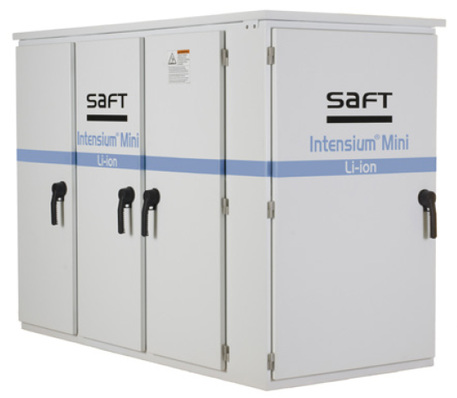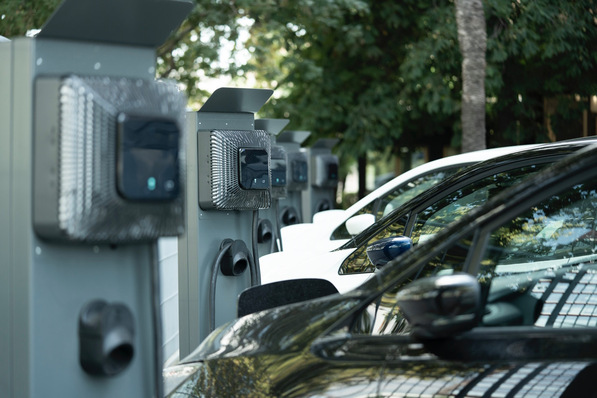Researchers have unveiled a programme designed to produce high performance batteries in the United States for renewables energy storage and improved hybrid electric cars. The Consortium for Battery Innovation (CBI) has published the programme in an innovation roadmap for advanced lead batteries which sets out research priorities for the next three years.
US members of the Consortium, which include battery manufacturers, universities and research institutes, are working together on pre-competitive research to fast-track innovation.
A diverse range of technologies
The first quarter of 2019 saw 148.8 megawatts deployed by the US energy storage market alone, a 232 per cent increase from the same period last year. The Consortium anticipates this growth record to set an upward trend in demand for battery energy storage. If energy storage demand is to be met, the US (and the more generally the rest of the world) will need a range of battery technologies – including lithium and advanced lead batteries.
The Consortium expects to see growth in battery energy storage in four key sectors:
- Renewable energy integration: supporting smart grids and remote area power supplies
- Energy storage for homes: unlocking residential local area power systems
- Energy storage for commercial and industrial premises: supporting power grids in factories and other commercial premises.
- Transmission and distribution reserves: providing backup energy storage at grid level.
The plans outlined in the innovation roadmap will also help car makers accelerate the roll out of start-stop and micro-hybrid vehicles, aiming to increase the dynamic charge acceptance of lead batteries by storing more of the energy created when a car brakes. More than 275 million cars and trucks in the US alone utilise lead batteries.
Five-fold increase in cycle life
US members of the Consortium aim to boost the lifetime of advanced lead batteries used to store energy generated by renewables by increasing cycle life and performance at partial state-of-charge. This would increase their cycle life by up to five-fold.
Alistair Davidson, director of the Consortium for Battery Innovation, said: “We have designed our research programme to help meet rapidly growing demand for battery energy storage – from cars to renewable energy. That means designing longer-lasting batteries with more sophisticated technology. It is important that we create the right conditions for battery manufacturers to innovate and expand in the US.”
Beginning to unlock the full potential
Tim Ellis, president of RSR Technologies and chairman of CBI added: “There is no doubt that in the US we will need to support a range of battery technologies to meet the needs of diverse products and applications. One of the great advantages of lead batteries is that we are only now beginning to unlock the full potential of the technology.”
US members of the Consortium include the leading players in the lead battery value chain, including battery manufacturers, lead producers, recyclers and industry suppliers. The Consortium also partners with prestigious research institutes and universities at the forefront of lead battery research such as the Department of Energy’s Argonne National Laboratory, UCLA and Missouri University of Science & Technology. (mfo)







